TEHRAN(Bazaar) –Marc Finaud, Head of Arms Proliferation at the Geneva Centre for Security Policy (GCSP), says it seems as though the conclusion of the agreement is imminent, but, as we have seen recently, it’s always possible that last-minute complications delay the adoption.
He adds that the US would be ready to lift this sanction but is asking for assurances from Iran about regional action by the IRGC.
Following is the text of the Bazaar interview with Marc Finaud.
Bazaar: A senior official involved in the talks says the views are so close that an agreement on reviving the JCPOA could be reached within the next 48 hours. What is your assessment?
Finaud: Indeed, it seems as though the conclusion of the agreement is imminent, but, as we have seen recently, it’s always possible that last-minute complications delay the adoption.
Bazaar: While there is optimism about an imminent agreement, Iran has stated that nothing special has happened in the Vienna talks over the past few days and that everything still depends on a political decision by Washington. The important issue seems to be the removal of the IRGC from the US terrorist list, which has been confirmed by some news outlets. Based on this, is the agreement imminent?
Finaud: Apparently, this issue is being addressed as possibly the last remaining obstacle. The US would be ready to lift this sanction but is asking for assurances from Iran about regional action by the IRGC.
Bazaar: The Wall Street Journal reports that the Russian envoy to the Vienna talks Mikhail Ulyanov has told the European Union that Moscow wants guarantees only in the discussion of the JCPOA nuclear projects, and nothing more. Accordingly, Russia has officially withdrawn from its previous position. What is your assessment?
Finaud: Indeed, it looks like Russia attempted to leverage the revival of the JCPOA to mitigate the effect of Western sanctions related to the war in Ukraine but was eventually satisfied with the US assurances that sanctions would not apply to nuclear cooperation in implementation of the JCPOA.
Bazaar: What will be the reaction of JCPOA's opponents to a possible agreement with Iran, and what possible measures may be taken in Congress to neutralize the lifting of sanctions on Iran?
Finaud: We can anticipate negative reactions, especially pointing to an agreement with Russia in the current context. In the US, the problem comes from the fact that the President only has limited powers regarding sanctions and that he will need to negotiate with Congress on some aspects. However, the administration may use convincing arguments, showing that a return to full compliance with the JCPOA is in the national security interest, contrary to the previous administration’s policy that completely failed.

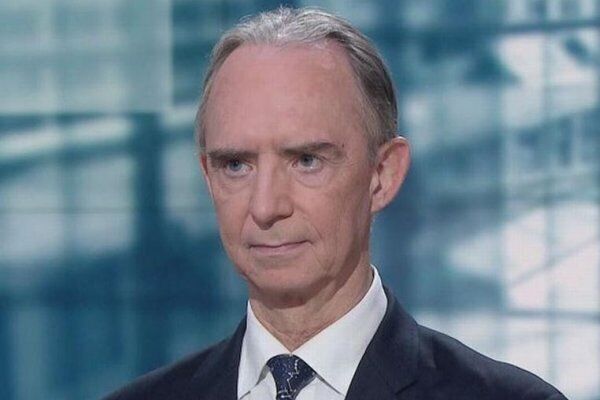








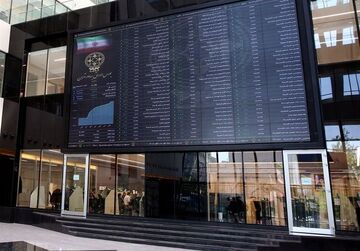
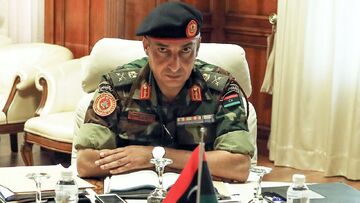
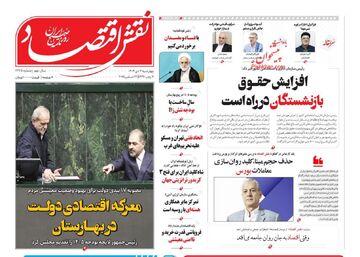
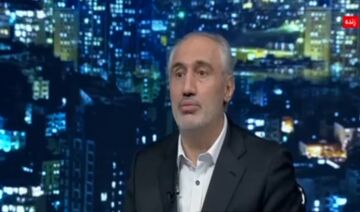
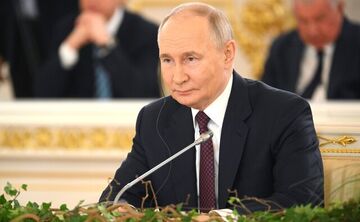
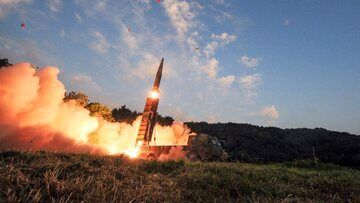
نظر شما